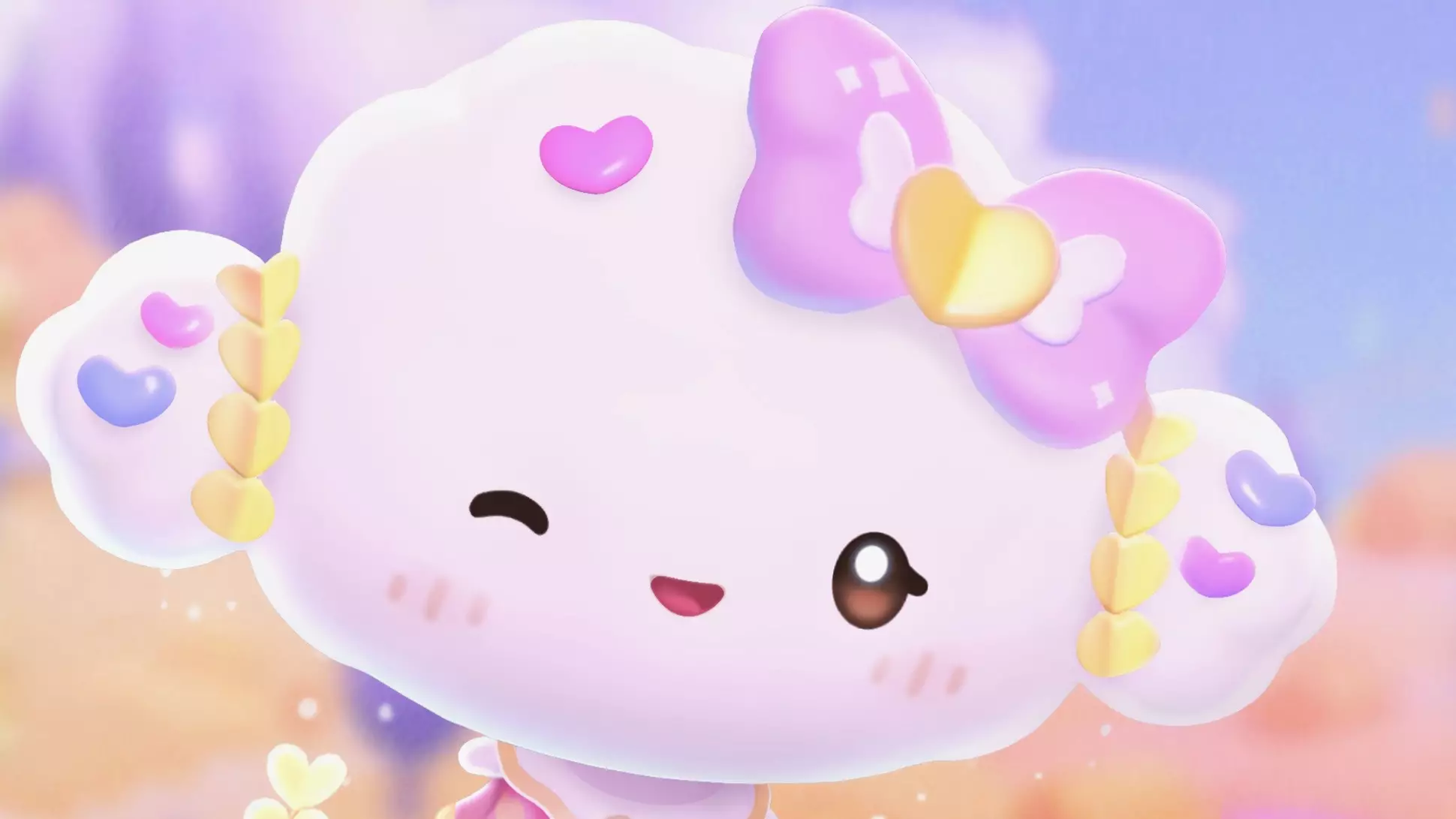In contemporary society, there’s an unspoken expectation to embody resilience, stoicism, and an unyielding pursuit of flawlessness. From social media to corporate environments, the narrative champions an image of invincibility, often at the expense of authenticity and vulnerability. This relentless pressure creates a paradox: while we crave genuine connection, we shy away from exposing our true fragility for fear of judgment. Our collective obsession with strength masks a deep yearning to acknowledge our vulnerabilities, revealing a societal discomfort with the imperfect and the delicate. We have been conditioned to see fragility not as a virtue but as a liability—something to be hidden or suppressed.
The Enduring Beauty of Fragility Through Fiction and Fantasy
Interestingly, fiction and fantasy genres serve as mirrors and mentors for understanding vulnerability. Characters like Cogimyun, the dainty, fragile fairy from Sanrio, embody a different approach: recognizing and embracing one’s delicate nature. Rather than viewing fragility as a flaw, these characters highlight its unique beauty—an essence that invites empathy, tenderness, and human connection. The much-anticipated Wheatflour Wonderland DLC, featuring Cogimyun and her whimsical world, exemplifies this perspective. Her presence in a brightly colored, magical universe underscores that even in a realm of fantasy, there is power in softness and vulnerability. These stories challenge the notion that strength must always be synonymous with rigidity, illustrating instead that true courage lies in accepting our delicate parts.
The Power of Vulnerability in Personal Growth and Relationships
On a personal level, embracing vulnerability can be transformative. It involves acknowledging our fears, insecurities, and fragility without shame, creating space for genuine growth. When we allow ourselves to be vulnerable, we foster deeper connections with others—relationships rooted not in superficial perfection but in authentic understanding. Vulnerability is not a sign of weakness; it is an act of strength. It requires courage to show our true selves, especially in a society that celebrates stoicism and independence. Recognizing our fragility empowers us to build resilience that is rooted in self-awareness and compassion, rather than suppression.
Challenging the Cult of Invincibility in Modern Culture
The narrative surrounding toughness often discourages us from admitting our limits or admitting when we need help. This pseudo-ideal of invincibility fosters a culture where emotional expression is stigmatized. Ironically, this denial leads to increased internal suffering and social disconnection. The popularity of characters like Cogimyun—whimsical, fragile, and undeniably lovable—serves as a gentle but vital reminder: embracing vulnerability is not a flaw but a source of strength. Just as Cogimyun’s delicate nature makes her endearing, our own vulnerability can foster resilience, empathy, and a more genuine understanding of ourselves and others. The embrace of fragility is not a retreat into helplessness but an assertion that imperfection is intrinsic to human experience.
The Healing Power of Embracing Our Inner Fragility
Ultimately, recognizing and accepting our fragility offers a path to healing. In a world that often feels overwhelming and chaotic, vulnerability acts as a form of resistance—an acknowledgment that we are human and inherently imperfect. It allows us to process pain, experience joy more fully, and foster authentic compassion. The narrative of Cogimyun and her magical world invites us to celebrate this delicate resilience, which is often overlooked in favor of superficial strength. When we embrace our vulnerabilities, we unlock a profound capacity for connection and self-acceptance that no amount of invincibility can match. Fragility, when honored, becomes a source of strength that sustains and nourishes our spirits amidst the tumult of modern life.

